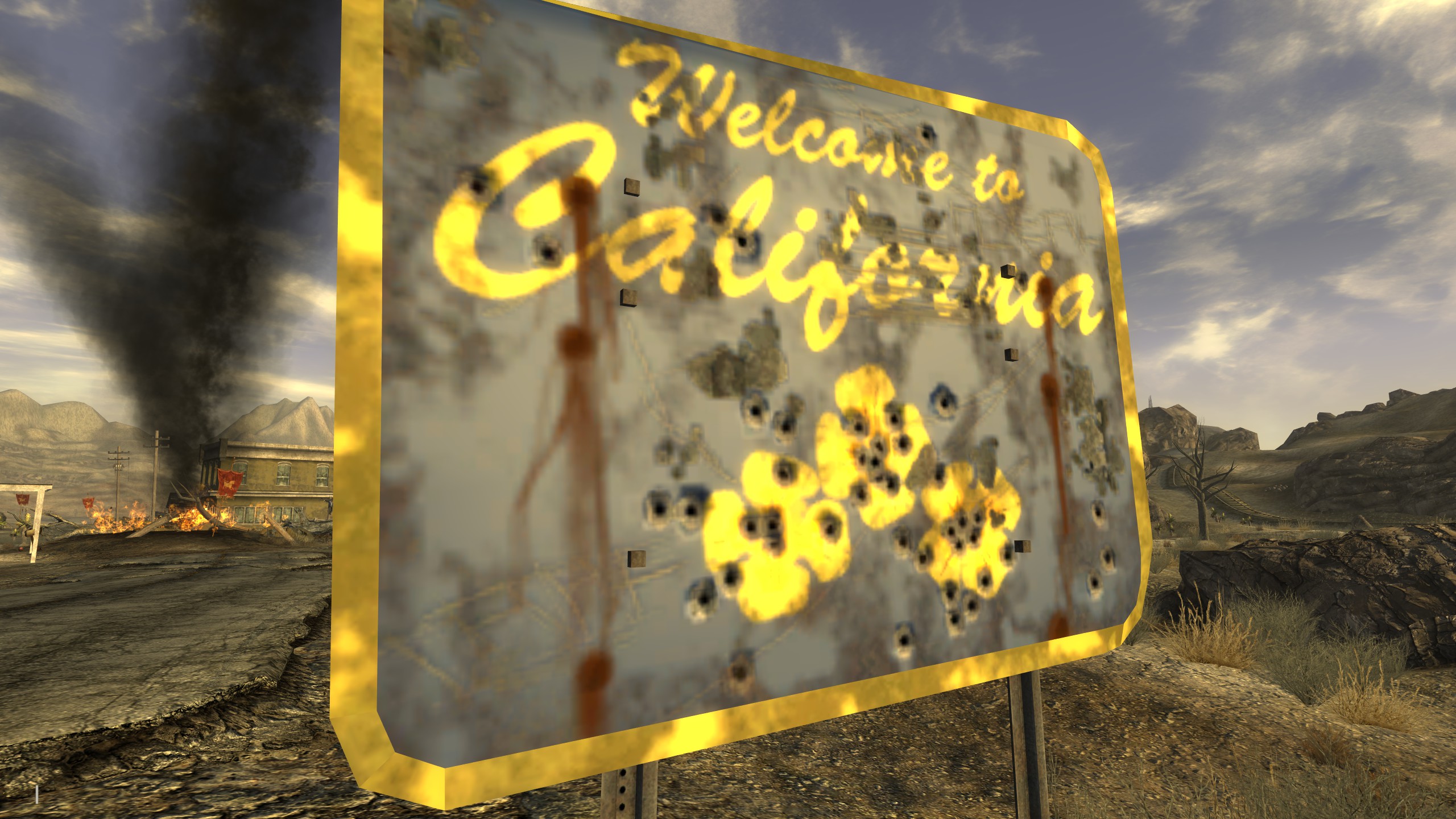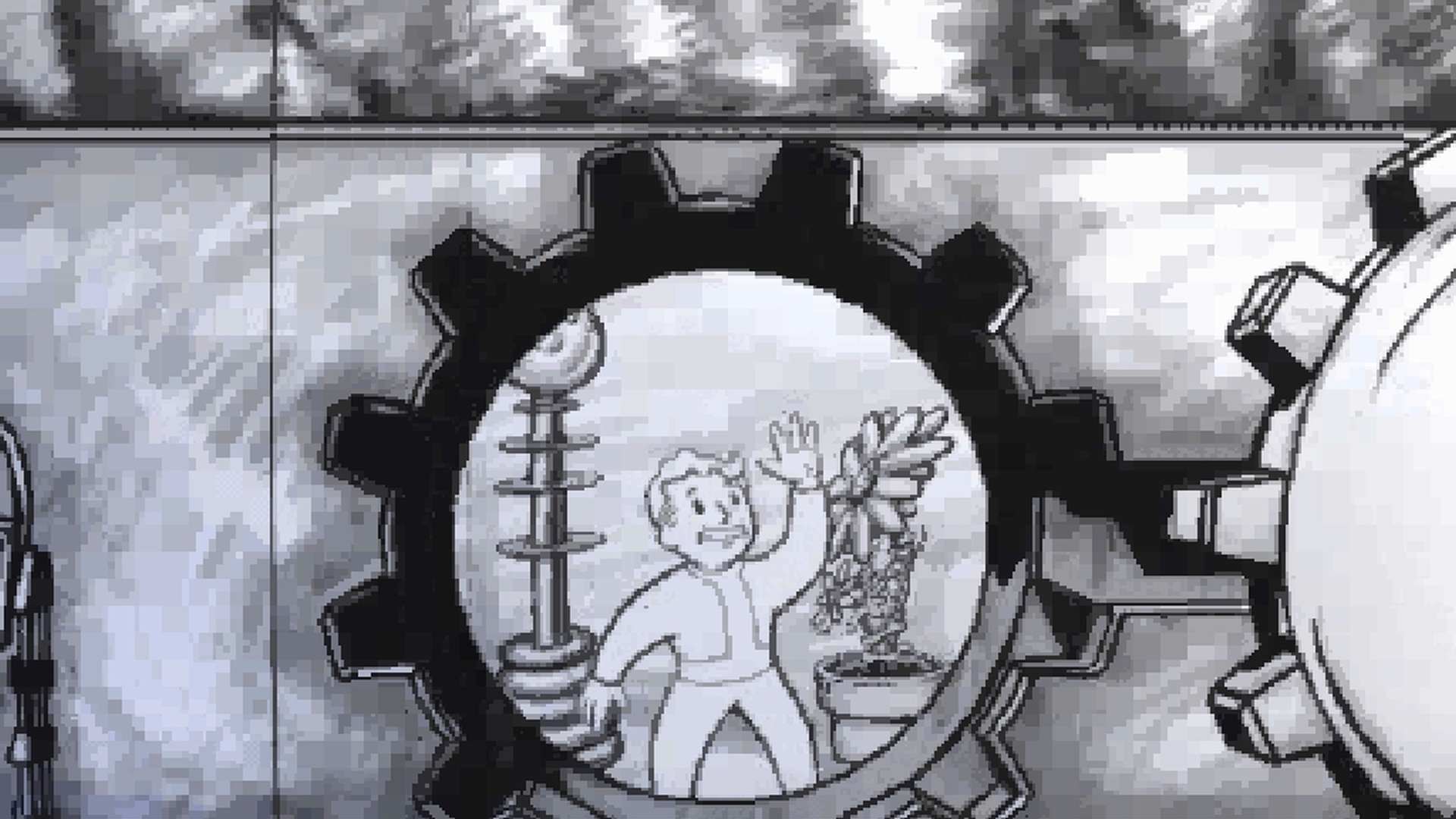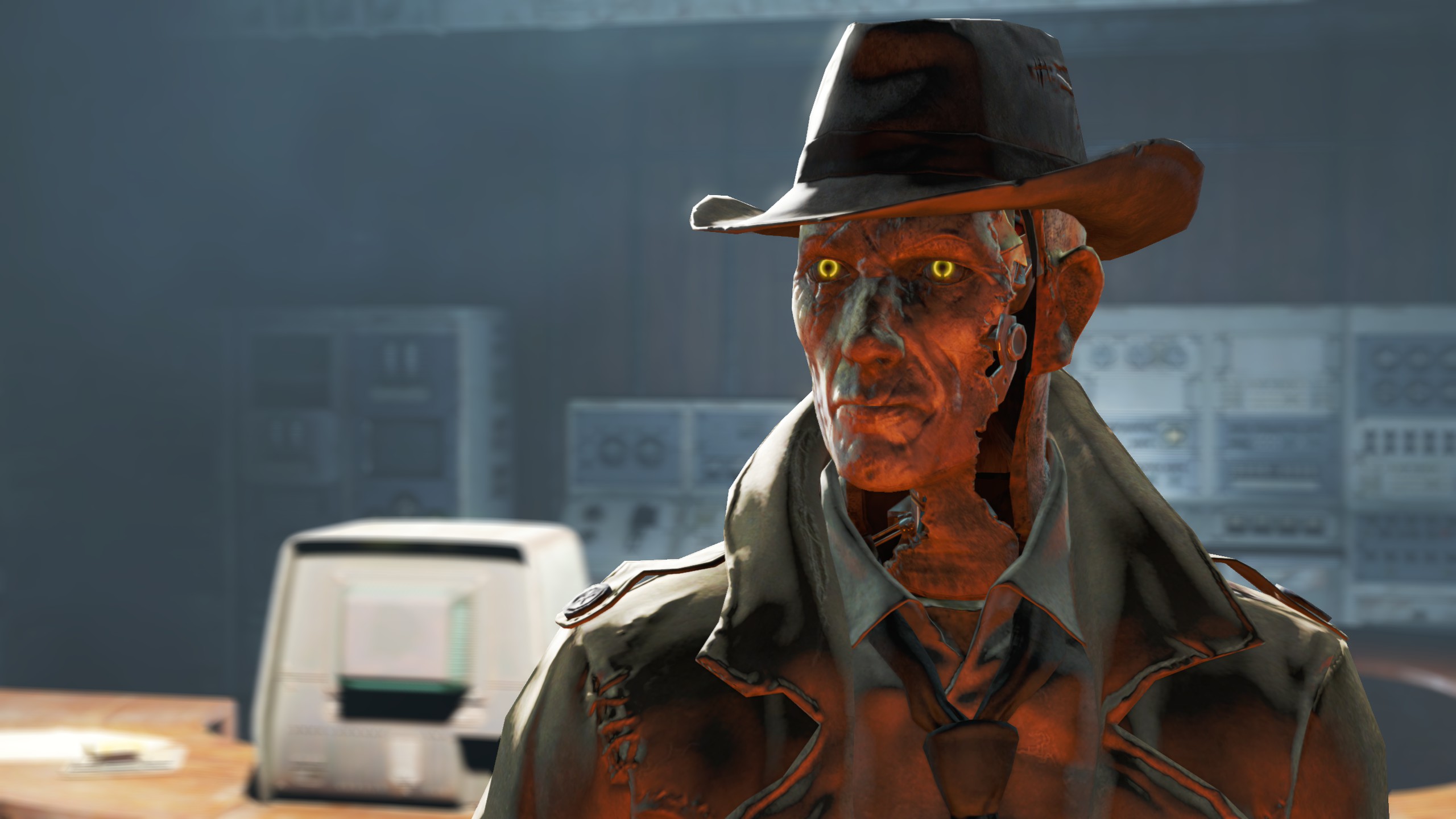Fallout 5 should go back to where it started: California
It's an OK place to live.

Fallout 5 is a long way off. As Todd Howard, the director/executive producer/Vault Boy-esque mascot of Bethesda Game Studios said, Fallout 5 will follow The Elder Scrolls 6, which is still in pre-production. Maybe we'll get to play it in the 2030s, climate change willing.
Distant as it is, as soon as a new Bethesda RPG is mentioned we start to wonder where it's going to be set. When The Elder Scrolls 6 was announced with a teaser of some mountains we will someday be able to go to, we immediately started trying to figure out if that meant it'd be set in High Rock or Hammerfell or what. Naturally, the first question to ask as we squint at the extremely distant prospect of Fallout 5 is: where to next?

When Bethesda took over the Fallout series, it set down a formula. Each one since then has gone to a different slice of the USA with its own historic monuments to deface and local fauna to monsterize. It's easy to imagine the next one repeating the trick. Fallout New York maybe, where atomic pizza rats fight radcats over scraps in the ruined bodegas.
In the Interplay years, Fallout was different. The first took in southern California, and the second northern California, with some overlap at the bottom of the map (and a bit of Nevada sidling in to the east). Revisiting locations meant seeing how much progress happened in the 60 years between the two games' stories. The village kid we rescued from raiders in the first Fallout was now president of a republic with electric power and modern medicine. The war with the super mutants was over, and one of them was sheriff of a town. For a lot of ordinary folk in Fallout 2, things were better today than they were yesterday.
A recurring theme of the first Fallout was that the wasteland wasn't as bad as Vault dwellers expected. The rad count was lower, and some of the settlements were doing OK. (Corrupt casino owners and loan sharks aside.) Vault 13's overseer preached isolationism, but the world only became a better place when people worked together. The slow return of civilization in Fallout 2's New California Republic built on that theme. Heck, they even abandoned the idea of using bottlecaps as currency and started printing their own money.
But by Fallout 3, we were back to bottlecaps and blown-out buildings. In Washington DC's Capital Wasteland, it's like the bombs fell in living memory—even though 36 more years had passed in the timeline. Same goes for the Massachusetts Commonwealth in Fallout 4, where we built settlements from scratch ourselves. Even in the Mojave Wasteland of New Vegas, the one civilized place was a holdover that survived the war under a forcefield rather than something new. Finally, Fallout 76 undid any possibility of depicting progress by winding the clock back to just 25 years after the Big Oops.

To escape the tired walls-with-holes aesthetic and skeleton storytelling that's grown to define Fallout, we need to go back to New California: a setting with paved roads and cities bigger than a baseball stadium. Places where nobody's going to give us a mission objective to restore power by turning on an old generator ever again. (Has somebody been counting how many times that happens in games? Is there a Twitter account or something?)
Keep up to date with the most important stories and the best deals, as picked by the PC Gamer team.
After the events of New Vegas (assuming the bad ending isn't canon), the NCR is probably in an imperial phase, getting all decadent and divided. Perfect for factions to compete over, with corporations like the Gun Runners and malcontents inspired by the Followers of the Apocalypse who have questlines of their own. Stories of corruption and organized crime rather than clearing out raider camps.

The best parts of Fallout 4 are when you're solving mysteries with Nick Valentine. A setting with urban locations more bustling than the weird, half-empty streets of New Vegas would be perfect for that kind of noir storytelling. Think of Chinatown, a neo-noir classic set in California that's all about the state's lack of water and what people do to get it—just like the first Fallout.
If you really wanted raiders and monsters they'd be there on the borders, but within the NCR we might get a Fallout game in a place civilized enough that super mutants and ghouls are ordinary citizens rather than outcasts and enemies—and a playable option for once. In a place where the mattresses don't look uniformly filthy and somebody long ago buried all the people who died in the middle of doing poignant things, we might finally play a Fallout game that builds on its theme of resilience and anti-isolationism rather than resetting the clock for another survivalist fantasy.
And, as a final bonus, it wouldn't need a tortured explanation why super mutants, deathclaws, and the Brotherhood of Steel have spread to yet another state. We'd be in the place they came from, where it all began.

Jody's first computer was a Commodore 64, so he remembers having to use a code wheel to play Pool of Radiance. A former music journalist who interviewed everyone from Giorgio Moroder to Trent Reznor, Jody also co-hosted Australia's first radio show about videogames, Zed Games. He's written for Rock Paper Shotgun, The Big Issue, GamesRadar, Zam, Glixel, Five Out of Ten Magazine, and Playboy.com, whose cheques with the bunny logo made for fun conversations at the bank. Jody's first article for PC Gamer was about the audio of Alien Isolation, published in 2015, and since then he's written about why Silent Hill belongs on PC, why Recettear: An Item Shop's Tale is the best fantasy shopkeeper tycoon game, and how weird Lost Ark can get. Jody edited PC Gamer Indie from 2017 to 2018, and he eventually lived up to his promise to play every Warhammer videogame.

